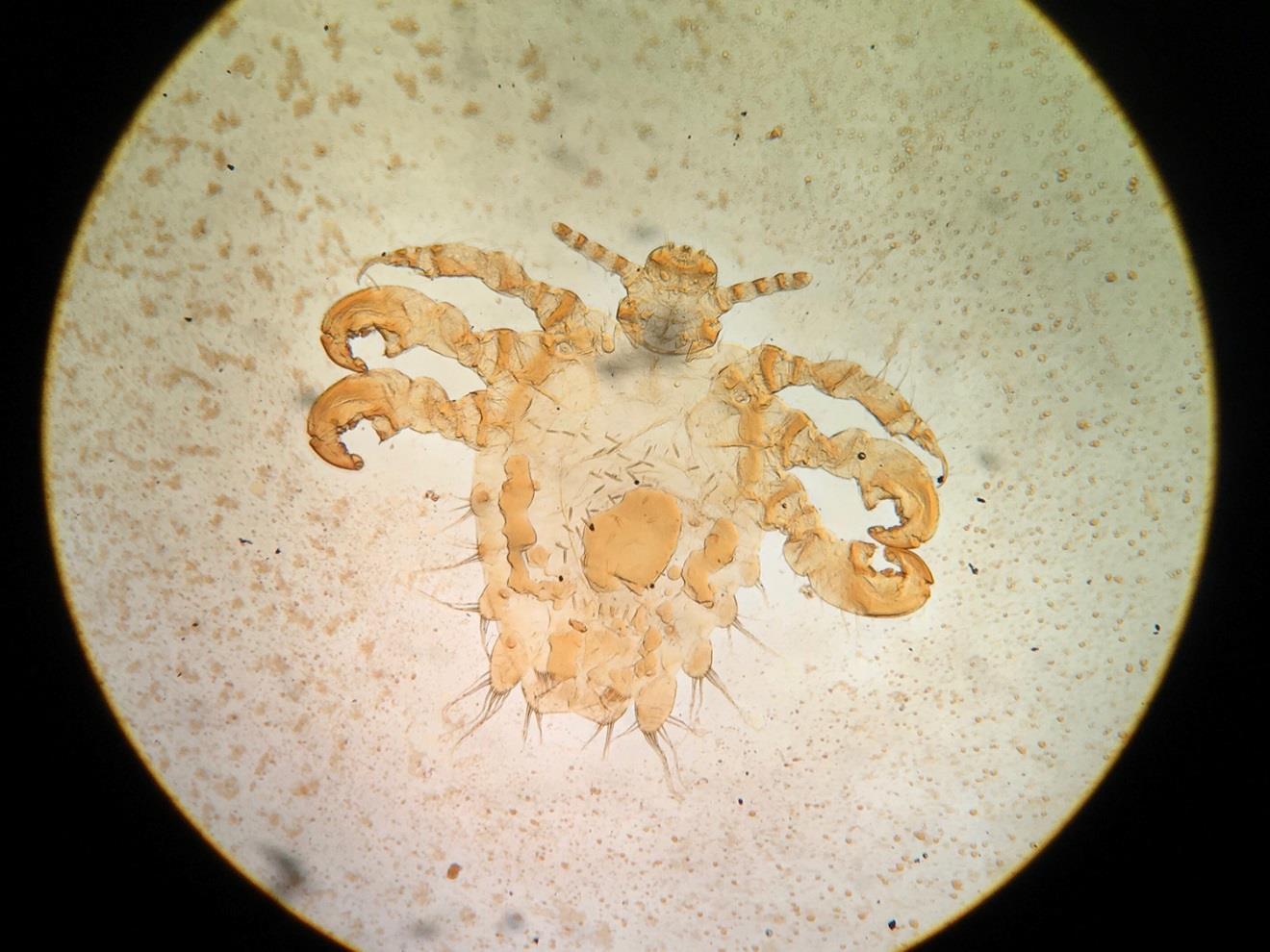them. They do not have a great deal of trust regarding their partners and suppress their feelings about intimacy. The secure adult is less likely to seek sexual experiences outside of their primary relationship. The dismissive-avoidant person is more likely to engage in activities of sex without love, such as one-night sex. Insecure people will tend to partner with insecure people but they don’t necessarily have shorter relationships—just those that are less emotionally satisfying. Secure relationships will have better conflict resolution and will process stresses together better.
THE BIOLOGY OF ATTACHMENT The study of attachment now includes concepts related to temperament, behavioral genetics, and neural development. It appears that some childhood temperaments make the child more susceptible to the stressors involved with abusive, neglectful, or unpredictable caregiver relationships. Certain children are simply more vulnerable to having an attachment disorder. The quality of parenting received during infancy and childhood affect the individual’s adaptive systems related to the regulation of stress. It is believed that the autonomic nervous system and the relationship between the hypothalamus, the pituitary gland, and the adrenal gland are most related to stress adaptation. Each of these, along with increased stress in childhood, relates later in life to the activity of the immune system and can affect things like the development of cancer and autoimmune diseases. There has been some research into the brain and how attachment works. There are distinct and interconnected brain regions that are shaped by attachment. Some neurotransmitter systems are connected to anxious attachment, while other neurotransmitter systems are attached to avoidant attachment. Markers in the immune system have been found to be different in adults with different attachment styles.
58












